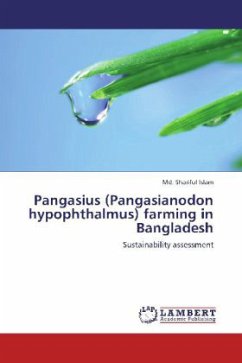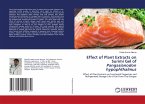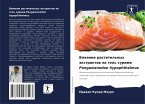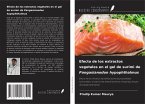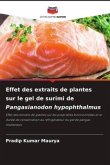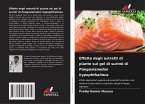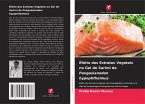The present study focused on existing status and assessment of sustainability of Pangasius (Pangasianodon hypophthalmus) farming at Trishal, Bhaluka and Muktagacha upazila in Mymensingh district. The research was carried out through questionnaire interview with randomly selected 90 farmers during July 2008 to June 2009. Most of farms (92%) are under polyculture, while only 8% is under monoculture practice. Over 77% of farmers exchanged water more or less 2 times per year, while 23% never exchanged. Among the farmers, 47% received general aquaculture training. Average pond size was 0.17 ha of which 85% was perennial and 15% was seasonal and supplementary feeds are used in farms. The highest proportion (39%) of the people was involved in Pangasius farming as main occupation and their age was between 31-40 years. The large farmers get more profits followed by medium farmers; however, all categories are benefited through Pangasius farming. It is already established as an enterprise in this region. Therefore, Pangasius farming has a great potential in this region and progressing towards sustainability.
Bitte wählen Sie Ihr Anliegen aus.
Rechnungen
Retourenschein anfordern
Bestellstatus
Storno

